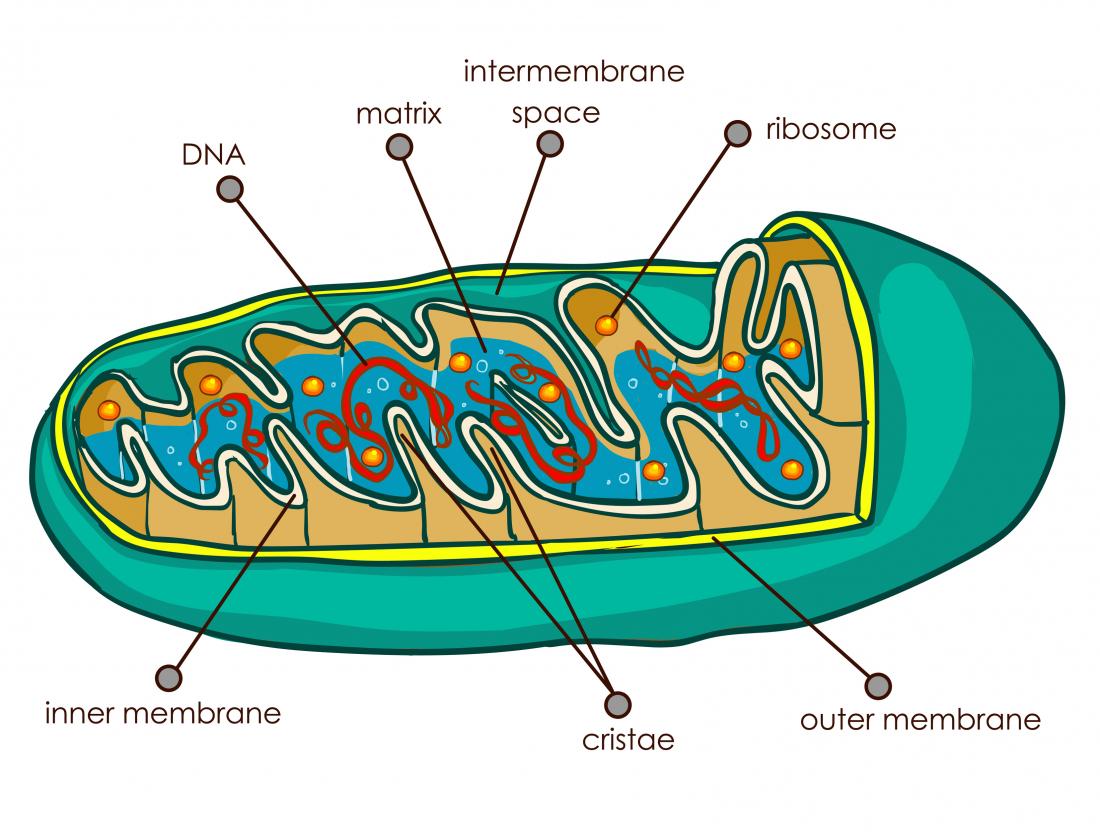Mitochondria are often referred to as the powerhouses of the cell because they are responsible for producing most of the cell's energy in the form of atp. The number of mitochondria in a cell depends on the cell's energy needs. Neurons can last a lifetime, but proteins turn over rapidly. Web mitochondria are called the power plants of the cell, as these organelles are where most of the cell's energy is produced. They have a nucleus, which holds the genetic material, and a cytoplasm , which holds the organelles.
Because the mitochondrial genome is in close proximity to the source of free radicals, it’s more susceptible to their damaging effects. Located on the multiple folds of the inner membrane as well as within the fluid spaces of mitochondria are enzymes that convert breakdown products from glucose into energy. The number of mitochondria in a cell depends on the cell's energy needs. Cells in organs like your liver also have many mitochondria to power the organ’s ability to.
In addition to the nucleus, eukaryotic cells have many other organelles, including ribosomes and mitochondria. A mitochondrion (/ ˌ m aɪ t ə ˈ k ɒ n d r i ə n /; In cellular respiration, the energy from organic compounds such as glucose, is used to make atp (adenosine triphosphate).
Your heart cells have the most mitochondria, nearly 5,000 per cell. To say that mitochondria are important to human health is grossly understating their role in. Most cells in your body contain mitochondria — hundreds or thousands of them. Web mitochondria are organelles that contain their own dna, and have both inner and outer membranes. Mitochondria are often referred to as the powerhouses of the cell because they are responsible for producing most of the cell's energy in the form of atp.
Web two mitochondria from mammalian lung tissue displaying their matrix and membranes as shown by electron microscopy. Because the mitochondrial genome is in close proximity to the source of free radicals, it’s more susceptible to their damaging effects. They have a nucleus, which holds the genetic material, and a cytoplasm , which holds the organelles.
Because The Mitochondrial Genome Is In Close Proximity To The Source Of Free Radicals, It’s More Susceptible To Their Damaging Effects.
Cells with a high demand for energy tend to have greater numbers of mitochondria. And the mitochondrial genome undergoes replication thousands of times more than the nuclear genome, simply because you have so many in each cell. Web why does a muscle cell have a lot of mitochondria? Cells in organs like your liver also have many mitochondria to power the organ’s ability to.
In Cellular Respiration, The Energy From Organic Compounds Such As Glucose, Is Used To Make Atp (Adenosine Triphosphate).
Web so in essence, mitochondria power and imperil our cells. Why do some cells have more mitochondria? Cells that need lots of energy have lots of mitochondria. A large percentage of your energy — about 90% — is produced by your mitochondria.
Neurons Can Last A Lifetime, But Proteins Turn Over Rapidly.
So if you have a defect in the pathways that the mitochondria. For continuous supply of energy they have lots of mitochondria. Mitochondria) is an organelle found in the cells of most eukaryotes, such as animals, plants and fungi.mitochondria have a double membrane structure and use aerobic. Web some different cells have different amounts of mitochondria because they need more energy.
The Number Of Mitochondria Depends On The Energy Requirement Of The Cell.
Thus, the mitochondria in some cells. Web these discoveries paved the way to the idea that these organelles have a role in cell signalling, as now corroborated by ample evidence. As reviewed in chapter 2, they are responsible for most of the useful energy derived from the breakdown of carbohydrates and fatty acids, which is converted to atp by the process of oxidative phosphorylation. They have a nucleus, which holds the genetic material, and a cytoplasm , which holds the organelles.
Muscle cells need lots of energy. Mitochondria are called the power plants of the cell, as these organelles are where most of. A large percentage of your energy — about 90% — is produced by your mitochondria. To say that mitochondria are important to human health is grossly understating their role in. The body's cells are enclosed by a cell membrane.






